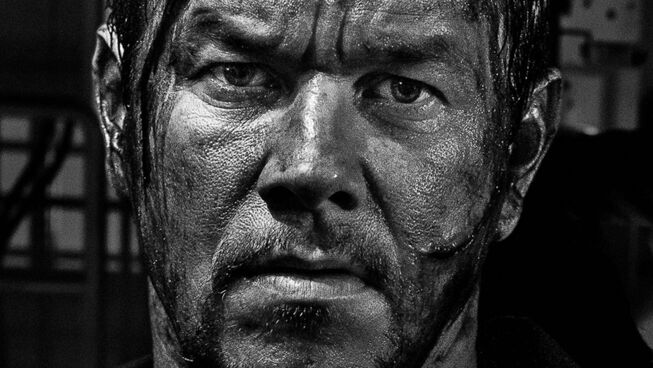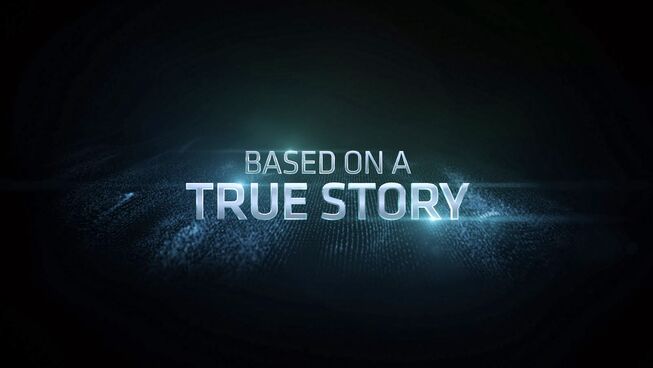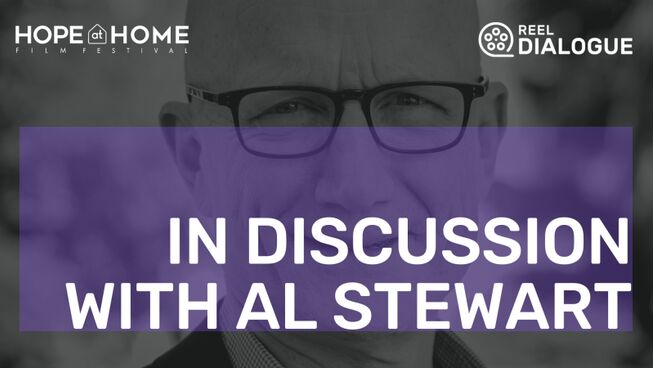
3 out of 5 stars
One of the challenges in depicting a real-life disaster is to develop the characters involved enough for audiences to care for them despite knowing the conclusion. Peter Berg has proven his ability to direct stories of real life heroes in amongst tragic situations with 2013’s Lone Survivor.
Partnering with one of his favourite lead actors, Mark Wahlberg, he explores the events behind the BP disaster of 2010. Deepwater Horizon centres on the tenuous relationship between the workers who have constructed the oil drilling rig and the organisation that is looking to profit from their efforts. Berg and his team look at some of the key decisions that lead to the eventual explosion that caused the deaths of 11 men and created the worst oil spill in the history of the United States.
Events like the British Petroleum catastrophe are usually filled with drama that provide a multitude of angles for a film studio to capitalise on. The challenge is maintaining a level of respect and cognitive distance to keep the film balanced, informative and entertaining without becoming a documentary. Berg manages to do all of these things by honouring the men and women who were central to the story. He does provide studied evidence to the issues behind the debacle and keeps the marked pressure on the storyline to deliver a powerful depiction of these events. Deepwater Horizon successfully portrays everyday workers and proves that anyone can be a hero when forced into extraordinary situations.
Wahlberg and Kurt Russell (The Hateful Eight) are magnificent in their roles as the construction engineers who represent the barrier between human ingenuity and corporate greed. John Malkovich (RED) delivers the right balance of villainous intent and corporate pressure to show that the real evil lies in the hearts of man and not in the ocean floor. This is where Berg capitalised on bringing the central element to the whole film, the Deepwater Horizon oil rig. The visual effects manage to show that through all of the marvels that man has attempted to achieve, many times the earth cannot be tamed. He brings this character in from the beginning and proves the magnificent power that still lies beneath our feet.
Like watching Titanic, the inevitable conclusion is not as important as the journey. What begins as a routine day on the job, turns into a violent and heroic endeavour that had a far reaching impact on these involved and the rest of the world. Peter Berg delivers a remarkable bit of story telling that is respectful and confronting.
REEL DIALOGUE: God's response to disaster
The Lord is my Shepherd…
The film concludes with the survivors praying through Psalm 23. In amongst this pain, these individuals turned to God for solace in their pain. Yet, it could be asked where was God in this disaster or even why he allowed it to occur? This is a question for the ages and one that deserves more time than a film review, but what we can address is how God can work within the pain of this world. C.S Lewis writes about this topic in the classic book, The Problem of Pain.
“We can ignore even pleasure. But pain insists upon being attended to. God whispers to us in our pleasures, speaks in our conscience, but shouts in our pains: it is his megaphone to rouse a deaf world.”
So, the question to the question is ‘Are you listening?’ Christianity does not promise a world without pain. It merely gives the answer to what we can do during these difficult times and it points to a future hope.
Passages on defining pain: Psalm 23 & 147:3, 2 Corinthians 1: 3-8, 1 Peter 4: 12-19







